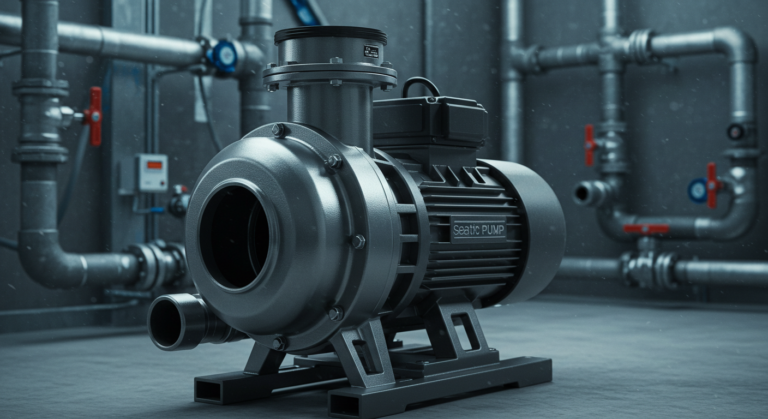The Ultimate Guide to Septic System Repair
When it comes to maintaining your home, understanding the ins and outs of your septic system is crucial. But what happens when something goes awry? Septic system repair can seem daunting, but with the proper knowledge and tools, you can tackle issues head-on, ensuring your system runs smoothly and efficiently. In this guide, we’ll walk you through everything you need to know about septic system repair, providing you with the know-how to address common problems and keep your system in top shape.
Recognizing the Signs of Septic System Failure
The first step in addressing septic system repair is recognizing the signs that something is amiss. Common indicators include slow-draining sinks and toilets, sewage backups in your home, foul odors, unusually green grass around the drain field, and standing water. If you notice any of these issues, it’s time to take a closer look.
Common Septic System Issues and How to Fix Them
Clogs and Blockages
One of the most frequent issues with septic systems is clogs and blockages. These can occur in the pipes leading to the septic tank, within the tank itself, or in the drain field. Regular maintenance can prevent these issues.
Tree Root Intrusion
Tree roots can infiltrate your septic system, causing significant damage. Look out for signs of root intrusion and consider removing trees near your septic system as a preventive measure. In some cases, professional removal of the roots and repairs to the pipes may be necessary.
Drain Field Failure
Drain field failure is a serious issue and often indicates a more significant problem with your septic system. If you suspect drain field failure, consult with a septic system professional to assess the situation and explore options, which may include repairs or a complete system replacement.
DIY Septic System Repair Tips
While some septic system repairs require professional intervention, there are several maintenance tasks you can perform yourself to prevent issues:
- Regularly inspect and clean your septic tank filter to prevent clogs.
- Conserve water to reduce the load on your septic system.
- Avoid flushing harmful materials that can disrupt the bacterial balance in your septic tank.
When to Call a Professional
Certain septic system repairs should only be handled by professionals. These include:
- Septic tank pumping
- Repairs to the tank or drain field
- Inspections and assessments of system failure
Attempting these repairs on your own can lead to further damage or even pose health risks.
Preventive Measures to Avoid Future Repairs
Prevention is vital when it comes to septic system care. Here are some tips to help you avoid future repairs:
- Be mindful of what goes down your drains.
- Regularly inspect your septic system for early signs of trouble.
- Schedule professional maintenance and inspections every 1-3 years, depending on your system and household size.
FAQs on Septic System Repair
What’s the average cost of septic system repair?
Costs can vary widely based on the issue and its severity, ranging from a few hundred to several thousand dollars.
Can regular maintenance prevent the need for repairs?
Yes, regular maintenance can significantly reduce the likelihood of severe septic system issues.
How long does a septic system last before it needs repairs or replacement?
With proper care and maintenance, a septic system can last for 20-30 years or more. However, individual components may need repairs or replacement sooner.
Conclusion
Septic system repair doesn’t have to be a nightmare. By staying informed, recognizing early signs of problems, and undertaking regular maintenance, you can keep your system functioning effectively for years to come. Whether you tackle some of the more straightforward maintenance tasks yourself or call in professionals for more complex repairs, the key is to act quickly at the first sign of trouble. Remember, a well-maintained septic system is crucial for the health of your household and the environment. So, ignore the importance of regular checks and upkeep. With the insights and tips provided in this guide, you’re well-equipped to handle septic system repairs and ensure the longevity of your system.

